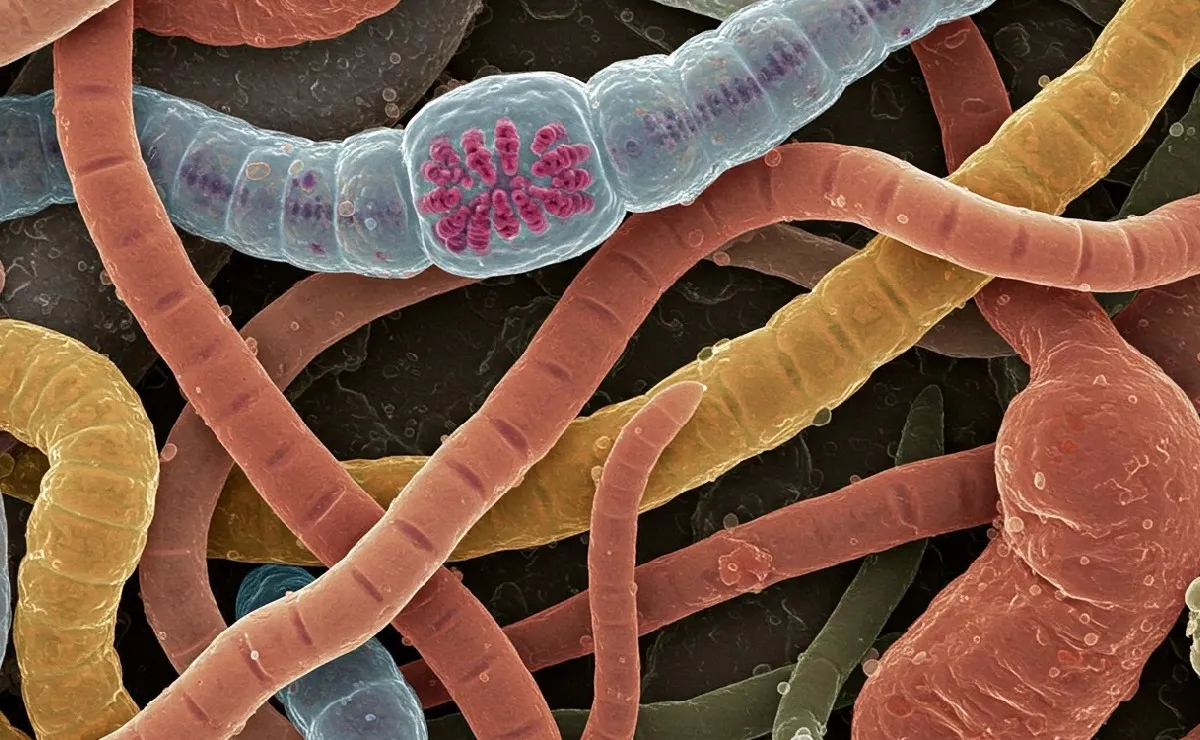What seems like a minor annoyance can be the beginning of a serious infection. Cysticercosis is caused by an intestinal parasite and, in its most dangerous form, can cause paralysis, seizures, and even death.
Mild itching in the anal area could be an early warning sign of a parasitic infection that, if left untreated, can lead to serious neurological complications, including death.
Experts from the National Autonomous University of Mexico (UNAM) warn that this discomfort may be related to the presence of intestinal worms, which, in advanced stages, lead to diseases such as cysticercosis and its more serious form: neurocysticercosis.
Cysticercosis occurs when the human body harbors larvae of the parasite Taenia solium, commonly known as a tapeworm. The most common transmission occurs through eating undercooked pork or food contaminated by poor hygiene. Another common route is fecal-oral contact, for example, by not washing hands after using the bathroom .
From the gut to the brain
According to the U.S. Centers for Disease Control and Prevention (CDC), the parasite’s eggs enter the body and develop into larvae that can lodge in muscles, eyes, or even the brain. This latter condition is known as neurocysticercosis and can cause seizures, paralysis, and even death.
The Ministry of Health indicates that symptoms can take at least 21 days to appear. The most common symptoms include:
- Abdominal pain
- Weight loss
- Headache
- Seizures
- Partial immobility
- Expulsion of worm segments when defecating
In some cases, symptoms are silent until the infection progresses to the brain. The General Hospital of Mexico has documented that neurocysticercosis can cause permanent neurological damage such as hydrocephalus, stroke, loss of speech, or paralysis.
Who is at greatest risk?
Cysticercosis can affect people of any age, but is most common between the ages of 20 and 50. The risk of infection increases in people who are already infected, live with someone with tapeworm, or consume food prepared by people who carry the parasite.
Can it be prevented?
Yes. Cysticercosis is preventable with basic hygiene measures and proper cooking. The UNAM recommends:
Wash your hands before eating and after using the bathroom.
Cook meat thoroughly, especially pork
Wash and disinfect fruits and vegetables
Avoid self-medication and consult a doctor if you experience any symptoms.
Finally, experts insist that persistent itching in the anal area should not be ignored, as it could be the first sign of a parasitic infection that, if not treated promptly, can have serious consequences.























+ There are no comments
Add yours